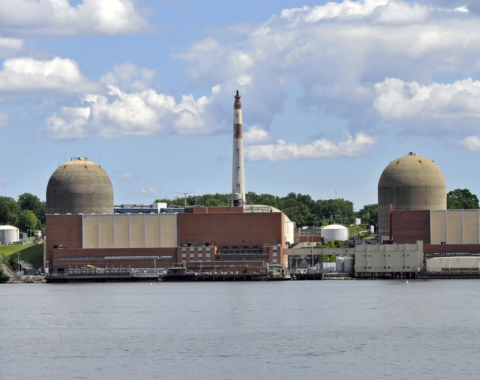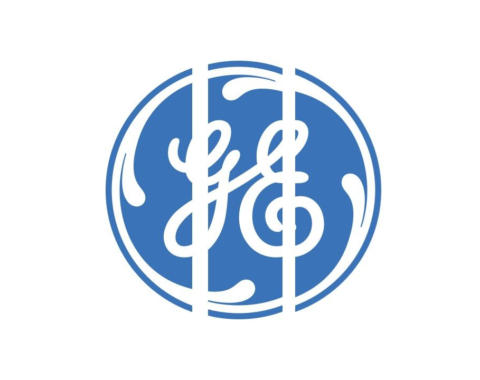Due to the COVID-19 pandemic, some of the nation’s nuclear power plants have requested exemption from work-hour controls from the Nuclear Regulatory Commission (NRC), as defined in 10CFR26.205 (Braidwood, Seabrook, Calvert Cliffs, Turkey Point, D.C. Cook, Brunswick, and North Anna) and some have requested a delay in some of their required inspections.
As a result, the NRC has allowed several U.S. nuclear power plants (six plants to date) to extend their work-shift hours to as much as 12hrs per day for up to two weeks, and if necessary, to 86hrs per week for that two week period. This is a significant increase from the standards found within 10CFR26.205 which limit 12-hour shift workers to 72hrs per week with a minimum of 2 days off between shifts.
Some nuclear watchdog groups warn that these changes could have disastrous results, leading to fatigue, errors, and the inability of workers at the “reactor controls” to respond quickly and accurately, should immediate operator action be required. Others fear these exemptions could lead to further deviations of safety rules. Eric Epstein, chairman of Three Mile Island Alert, a Pennsylvania non-profit group, said. “It’s not a good idea to stretch workers and marginalize safety standards. This is a step backwards.”
Several major utilities – Exelon and NextEra, for example – said they can no longer meet the work-hour controls at several of their plants, but could assure the NRC and the public that an extension of these work hours would not have an adverse impact on the safe operation of their plants.
An Exelon spokesperson said, “The work-hour rule exemption is an important contingency that may be implemented to allow healthy workers to remain on site for more hours, reducing the need to bring in outside travelers and vendors.”
Paul Gunter, a director at Beyond Nuclear, a nuclear watchdog group, said, “You want an alert workforce. You don’t do this with bus drivers, but they’re saying it’s OK for nuclear power plant workers.”
The NRC is also granting a few utilities deferment of some inspections as dozens of the nation’s reactors are going through their annual spring refueling cycle outages. These outages can involve more than 1,000 people converging on a power plant for a month or more for refueling, maintenance, and testing.
NRC spokesman, Scott Burnell said, “There are some ancillary activities during an outage that can be deferred.” The NRC is aware of this “new reality” – operating our nuclear plants during a global pandemic – and they are developing guidance for deferring maintenance work. However, it is important to know that a request for any delay must be accompanied by significant documentation, and the NRC will only consider deferment if the utility can clearly show it’s reasonable to expect continued safe operation with the delay of the inspection.



